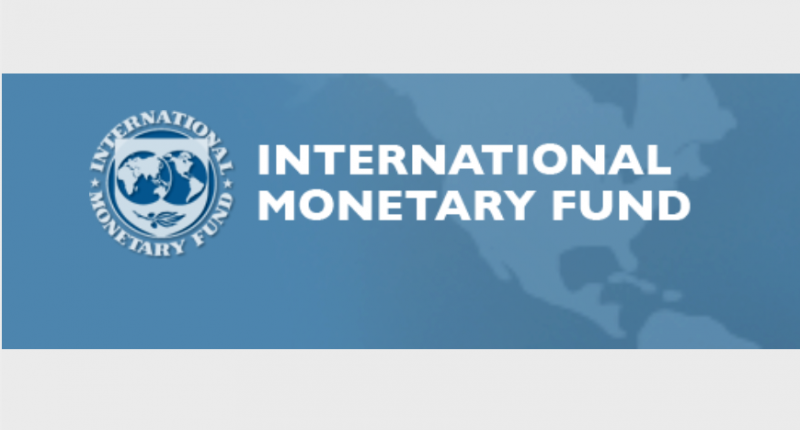WASHINGTON, DC — The Executive Board of the International Monetary Fund (IMF) has approved a 36-month Stand-By Arrangement (SBA) for Armenia amounting to SDR 180 million (about $248.2 million or about 139.75 percent of Armenia’s quota in the IMF).
Upon the Board’s approval, an amount equivalent to SDR 25.714 million (about $35.5 million) becomes immediately available to Armenia, and the remaining amount will be made available, subject to six semi-annual reviews, the Central Bank’s press service reports, citing the organization.
The Armenian authorities have indicated that they will treat the arrangement as precautionary, and do not intend to draw on the new SBA unless shocks generate balance of payments needs. In addition to providing insurance against shocks, the arrangement will support the authorities’ efforts to strengthen the economic fundamentals and policy frameworks.It will also help effective implementation of structural reforms, particularly relating to governance and improving business climate.
Following the Executive Board discussion, Mr. Mitsuhiro Furusawa, Deputy Managing Director and Acting Chairman, issued the following statement:
“Armenia has continued to make progress in recent years in maintaining macroeconomic and financial stability and in implementing structural reforms to promote growth. Economic activity has strengthened, and public debt has started to decline. Inflation is under control, the financial system remains stable, and international reserves are assessed to be adequate. Nonetheless, continuing reform efforts are needed to support a more balanced and inclusive growth, by reducing imbalances, improving the business climate and strengthening governance , and advancing measures to reduce poverty and unemployment.
“The three-year Stand-By Arrangement will support the authorities’ objective of moving toward a more dynamic, sustainable, and inclusive economy. The precautionary nature of the arrangement will provide insurance against external shocks. The authorities are committed to a sustainable fiscal path, supported by the fiscal rule, while creating space for critical spending in enhancing infrastructure and social spending. These objectives need to be accompanied by measures to improve tax administration and modernize property taxation.
“Further strengthening of the monetary policy framework will improve the effectiveness of monetary policy and help bring inflation back to its medium-term target. Measures will also be taken to safeguard the financial system, further develop capital markets, and improve access to finance.
“The decisive implementation of a strong package of structural reforms will help foster sustainable and inclusive growth through measures that promote private sector development, attract more FDI, and increase diversification. Steps to enhance human capital and increase female labor force participation will also be helpful.”










